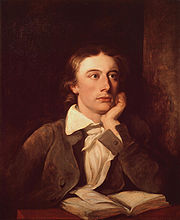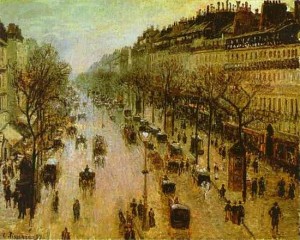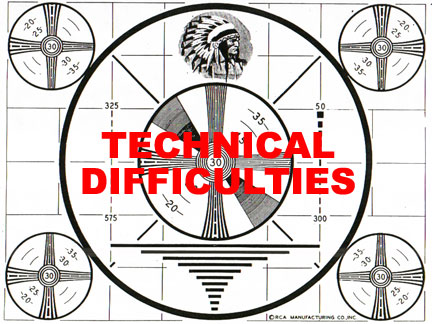
I am a bit puzzled by Clayton’s comment in response to Russell’s post on Chesterton, suggesting that Frye did not want to give clear answers because he did not want people to be stuck with them, and that his reticence to give answers means that he did not want to enter into a dialectical process. Frye certainly did not want to impose ideas or beliefs on anyone, or even assert them in a context of dispute. One reason is that, even though people are passionate and articulate in asserting their beliefs, ideologies or matters of belief do not lend themselves to evidence or certainty. No one is going to argue anti-gay protesters out of their belief that homosexuals are polluting the world with sin. Frye would have been terrible on CNN, but this does not mean that Frye’s posture is non-dialectical. It depends on what meaning you give the term. The issue of Frye’s elusiveness when it comes to “answers” or categorical statements and judgments recalls the passage in the introduction to The Great Code that I quoted in a previous post.
It is clear that in his writings Frye’s approach is very much that of a teacher, not an ideologue or a polemicist, or a preacher or professor of some faith. Frye does in his books and essays and lectures exactly what he says a teacher should do: recreate the subject in the student’s mind. Frye has stated on occasion that he eschewed argument or disputation, and just wasn’t interested in it. It is clearly partly temperamental, but more that he just didn’t see it as particularly productive. Teaching isn’t about arguing or promulgating something. The contrast with aspects of the contemporary scene in literary and cultural studies, which often verges on ideological indoctrination or the imparting of correct thinking, is striking, and only demonstrates–at least for me–what is so appealing about Frye’s posture.
Frye says the teacher, precisely because he has more knowledge than the student, should be the one asking the questions, rather than giving the answers. As in one’s own thinking, asking the right questions is always the key, and this demands a high degree of negative capability. Keat’s statement of the issue is always worth quoting:
I had not a dispute but a disquisition with Dilke, on various subjects; several things dovetailed in my mind, & at once it struck me, what quality went to form a Man of Achievement especially in literature & which Shakespeare possessed so enormously – I mean Negative Capability, that is when man is capable of being in uncertainties, Mysteries, doubts without any irritable reaching after fact & reason. [Letter to George and Thomas Keats dated Sunday, 28 December 1817.]
The anxious reaching after truth–as a matter of belief–is a liability that can end up blocking progress to better answers and better questions. I find this is the case with many students: they are often all too ready to reduce a symbol or theme to a significance outside the text and literature, such as what beliefs the author held. But this is just as much the case with many critics. Frye is not criticizing Chesterton for his beliefs, but for the way he subordinated his imagination and perceptiveness about literature to his beliefs. That is Frye’s point about value judgments: they are simply a dead end when it comes to the knowledge of literature.
Such judgments are rhetorical in the sense Frye gives that term in Words with Power: they involve a subjective response and cannot be the basis of criticism. One can try to persuade others by the compelling logic of one’s argument, or rhetorically, by an appeal to the compulsions of emotion and belief, the domain of ideology, belief, and advertising. But literature is not about compulsion, even though it may be subordinated to an author’s wish to propogate the truth he or she believes in. Frye certainly uses logic and rhetorical devices to recreate his subject in the minds of his readers. But he does his best not to subordinate his understanding of literature to his own beliefs, which he most certainly had. One of the teachings he imparts is that literature itself does not try to persuade at all: it deals with the conceivable, the imaginable, regardless of the facts or truth, scientific or religious.


